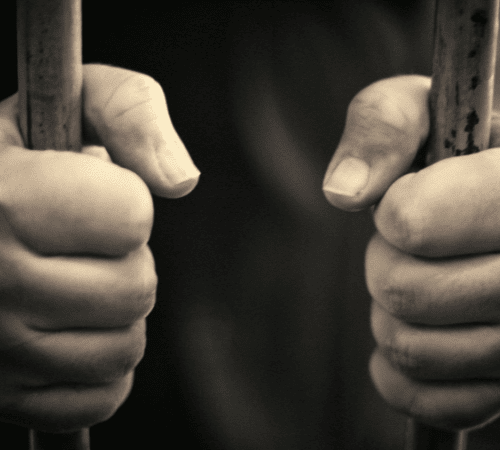Facing incarceration can be an overwhelming experience. There are many aspects of your life that will require consideration in order to keep things running as smoothly as possible during the period of incarceration and to provide the best possible foundation for re-entry upon release. If you are a veteran facing incarceration (for any reason), you may have questions about how incarceration will impact your VA disability benefits.
Understanding this important financial impact is key to making decisions that will best serve you and provide the highest likelihood for post-incarceration success.
How Does Incarceration Impact VA Disability Benefits?
The most important thing to know about incarceration and VA disability benefits is that your payments can be reduced — or even stopped entirely — due to incarceration, but the actual determination of how benefits will be impacted varies based on the nature of the crime and the amount of time spent in incarceration.
Reduction in VA Disability Benefits for Incarcerated Veterans
VA disability compensation payments are reduced if a Veteran is convicted of a felony and imprisoned for more than 60 days. For veterans rated at 20 percent or greater, their disability will be capped, or temporarily reduced, to a 10 percent rating. For veterans rated at 10 percent, their disability, payment is reduced by 50% (meaning ½ of the 10 percent rate). Full reinstatement of benefits can occur upon the veteran’s release, but it may be based on an assessment of their disability rating at the time of release.
Criminal Justice Scenarios with No Reduction in VA Disability Benefits
Not all interactions with the criminal justice system result in a reduction in VA disability benefits. If the charge is not a felony and carries less than a 60-day sentence, benefits are not reduced. In addition, benefits are not reduced while a veteran is participating in a work-release program, living in a residential re-entry center (or “halfway house”), or under community control.
VA Disability Benefits can be Reassigned to Dependents During Incarceration
It is also important to know that VA disability benefits may be reassigned to certain eligible dependents during a veteran’s incarceration. Eligibility for this apportioned dispersal depends on need, and it is not granted automatically. The veteran’s dependents must apply for this benefit. The payments also can not be made to or on behalf of anyone convicted of a felony.
VA Disability Benefits can be Removed Entirely for Fugitive Felons
Those who are defined as “fugitive felons” can lose access to VA disability benefits entirely. This definition includes those who are fleeing to avoid prosecution or incarceration following a conviction for a felony and those who are violating the conditions of probation or parole for commission of a felony. In these instances, the veteran or beneficiaries will receive notice that VA disability benefits have been discontinued, and they will not be reinstated until the warrant is cleared.
How Does Incarceration Impact Other VA Benefits?
There are many other benefits that veterans are eligible to receive, and incarceration impacts some of these while others remain unaffected. For the most part, these benefits follow the same general guideline as VA disability benefits — those convicted of a felony and serving more than 60 days of incarceration will see a reduction or elimination of benefits.
Pension
Veterans receiving a VA pension will cease receiving payments on the 61st day of incarceration for a felony. The payments can be reinstated upon release if the veteran meets eligibility requirements at that time.
Education Benefits
Veterans who have been incarcerated for an offense other than a felony are fully eligible for education benefits while incarcerated. Those who are facing incarceration for a felony offense can still receive coverage for direct educational expenses including tuition, fees, and the cost of books and supplies. However, if the veteran is eligible to receive compensation through another program, they will not receive these education benefits through the VA.
What Assistance is Available for Incarcerated or Justice-Involved Veterans?
There are some programs specifically designed to help justice-involved veterans re-enter their communities as smoothly and effectively as possible following incarceration. The Veterans Justice Outreach Program (VJO) provides outreach to get justice-involved veterans connected with resources that can smooth their re-entry and reduce recidivism.
There is also a program aimed at providing healthcare for incarcerated individuals upon their release. The Health Care for Re-Entry Veterans Program (HCRV) connects previously incarcerated veterans with mental health and social services upon their release.
As you can see, the conditions upon which veteran benefits are impacted by incarceration and involvement in the criminal justice system are complex and multi-faceted. If you are facing a potential incarceration, you likely have questions about how the outcome will impact your benefits and next steps. Speaking with an experienced attorney who is familiar with the VA and its policies can provide clarity to your plans and ensure you’ve done all you can to maximize your benefits and their impact during incarceration.







